
If you or someone you love has been recently diagnosed with coeliac disease, you could be eligible to receive gluten free foods on prescription. Simply select your country of residence, and, if you live in England, fill in your postcode to check if your area is prescribing.
Your country is prescribing gluten free foods*. Request your Glutafin Taster Box by clicking the button below to sign up.
* Please note: local policies are constantly updated, and issuing a prescription is at the discretion of your GP.
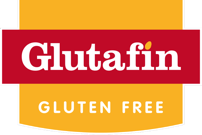
Sticking to a gluten-free diet is essential for short- and long-term health and wellness for people with coeliac disease. However, there are many dietary changes known to improve mental health that are compatible with, or can be adapted to suit, a gluten-free diet. Staying well hydrated, eating regular meals and snacks to avoid dips in blood sugar levels (which can affect your mood!) and eating plenty of foods that nourish the ‘good bacteria’ in your gut are good ideas to get you started, we’ve included some extra detail and ideas below.

Aim to eat a variety of types and colours of fruits and vegetables, at least 5 portions every day. Fruit and vegetables contain essential vitamins and minerals and also fibre that helps the good bacteria in your gut to thrive.
Good Food have a great recipe collection where you can get all 5 a day in one meal! And they helpfully label all meals that are gluten free.

Protein is made of small molecules knows as amino acids, these are used by your body to make natural brain chemicals. Aim to eat some protein with every meal. Good choices include:
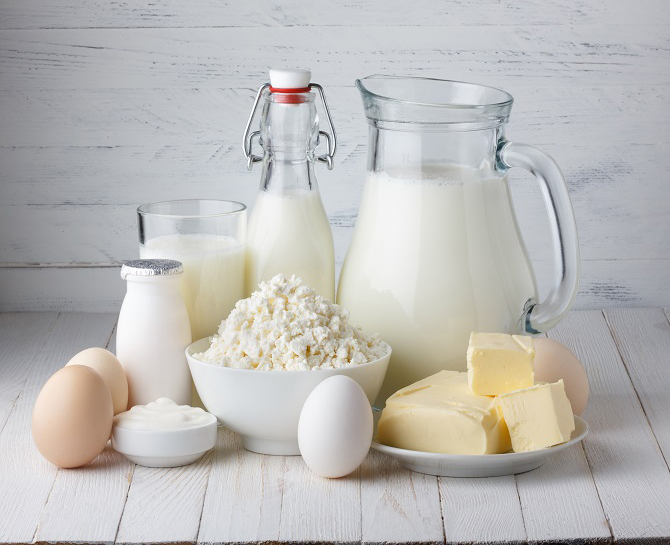
Omega 3 and omega 6 fats help to keep your brain working well. These can be found in oily fish (e.g. sardines, mackerel, pilchards and salmon). Aim to eat some oily fish once a week.
Why not be inspired by our Salmon and Cod Fishcakes recipe.
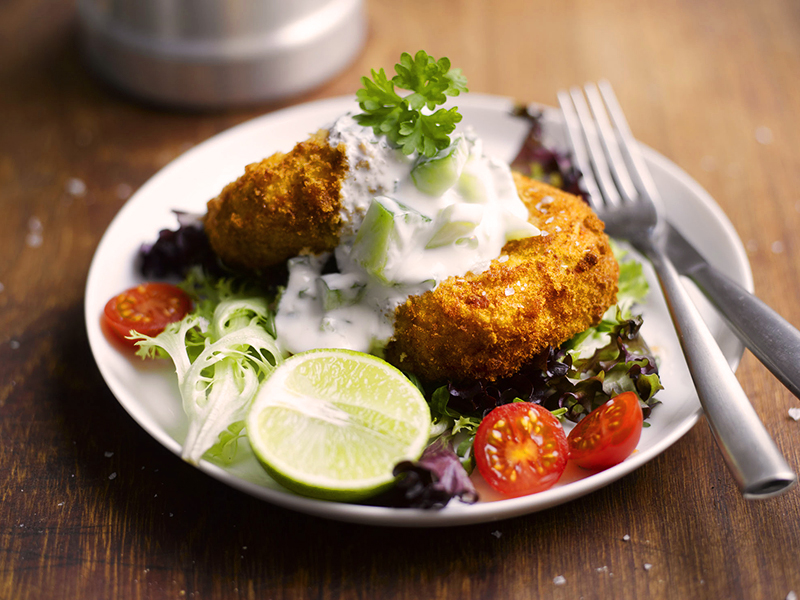
Eating foods that are higher in fibre and wholegrain will help to nourish the good bacteria in your gut. Aim to choose higher fibre or seeded versions of your favourite gluten free breads and include nuts and seeds as occasional snacks.
Our High Fibre Loaf is a delicious, nutty bread – give it a try today!
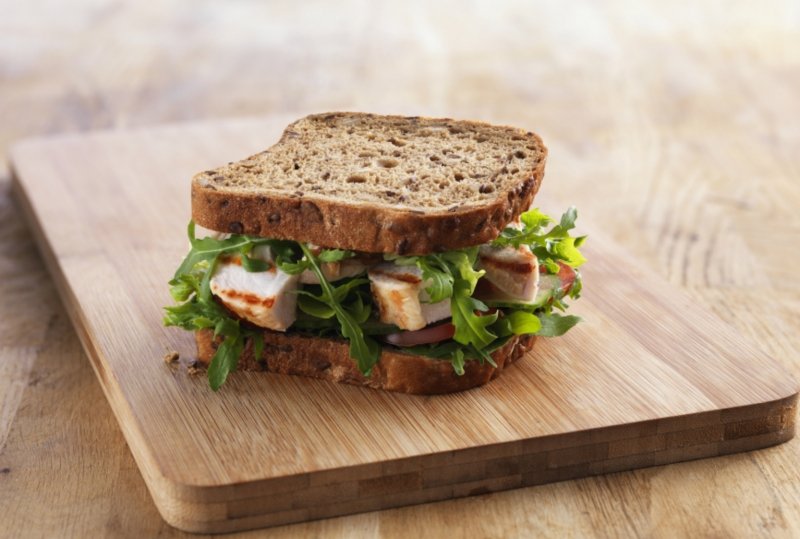
Caffeine can make you feel more anxious and also disturb your sleep, whilst alcohol can disrupt the functioning of the natural chemicals in the brain. Opt for de-caff hot drink options when you can and avoid caffeinated soft drinks/energy drinks. Limit alcohol to no more than 14 units per week and spread these out evenly over the course of the week.
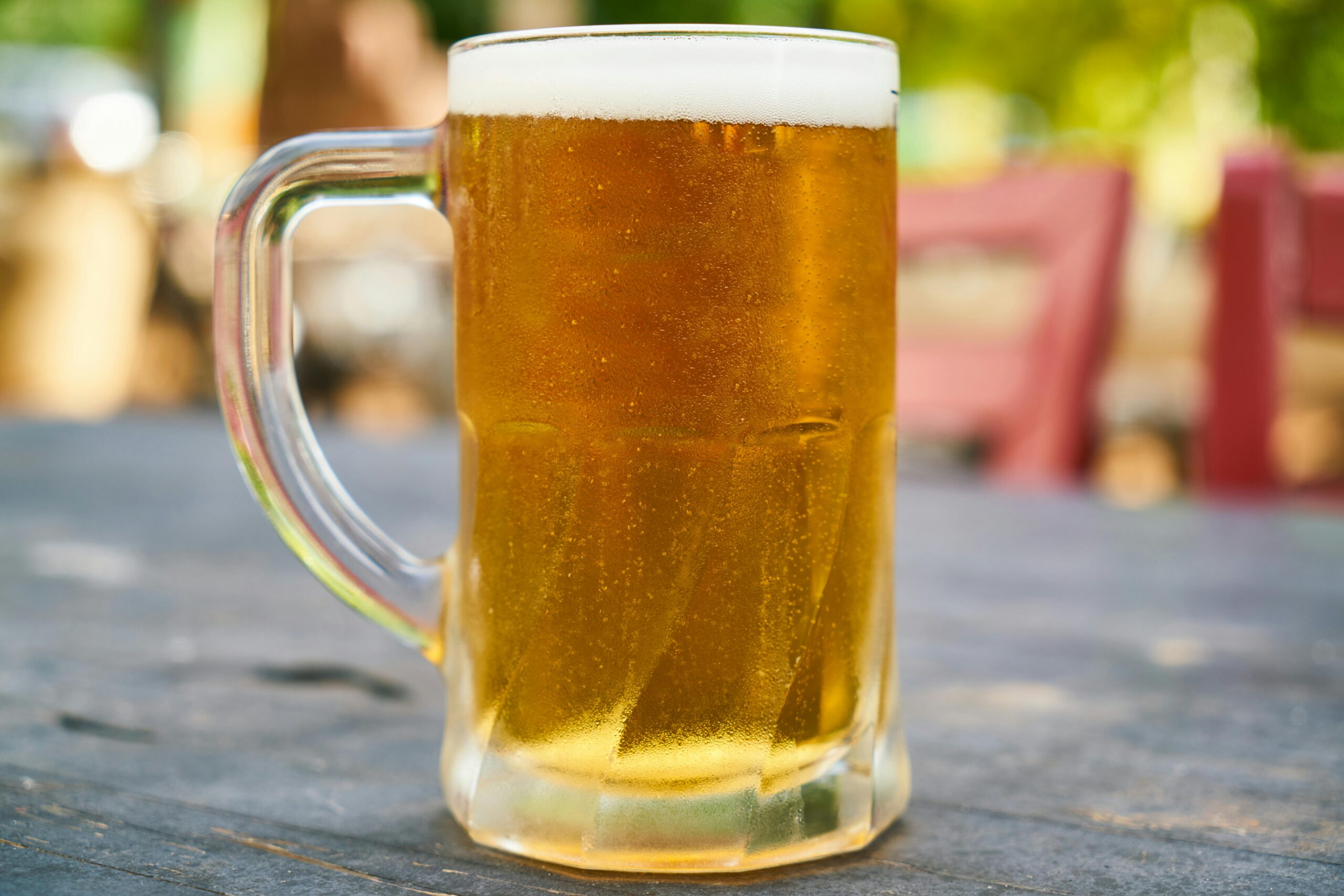
Regular exercise, particularly in the great outdoors has been proven to improve mood and reduce anxiety and depression. If you’re not used to regular exercise, start small with just a gentle walk each day. Take in your surroundings and enjoy the sights and sounds of nature!
The National Trust have lots of great walks and ideas on their website.
If you’re struggling to get to grips with your coeliac disease diagnosis and need additional help, advice and support to adapt to a gluten-free diet, Glutafin are here to help, contact our Careline today.

If you or someone you love has been recently diagnosed with coeliac disease, you could be eligible to receive gluten free foods on prescription. Simply select your country of residence, and, if you live in England, fill in your postcode to check if your area is prescribing.
Your country is prescribing gluten free foods*. Request your Glutafin Taster Box by clicking the button below to sign up.
* Please note: local policies are constantly updated, and issuing a prescription is at the discretion of your GP.